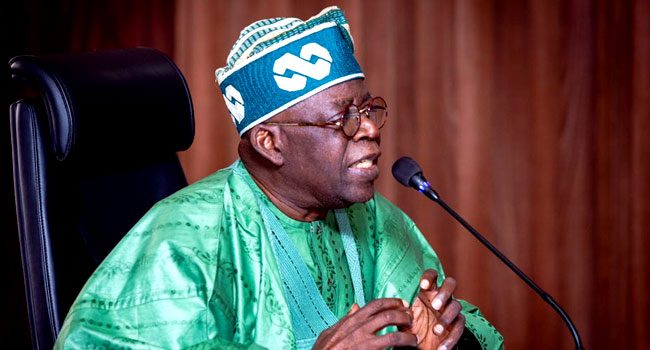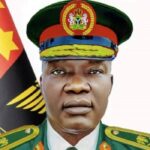
THE decision by President Bola Tinubu to slash the number of officials that will accompany him and other top government officials on international trips and their estacodes by 60 per cent could not have come at a better time. Though a good starting point, the President must do more to cut down on profligacy in government. With Nigeria reeling under economic crisis, the cost-cutting measures must be incisive, deeper, and all-encompassing if Nigerians are to take the President seriously about his vow to trim the pork fat in public life.
In the new policy, the President has also directed that local security agencies should be used for his protection whenever he travels to any state instead of travelling with a high number of security details from Abuja. These rules affect the entire apparatus of the Federal Government, including the office of the Vice-President.
The Tinubu administration has not inspired confidence with its large cabinet, ostentatious convoys, and sickening luxury at public expense amid an inflation rate of 28.20 per cent, job losses and factory closures. There is also the ruinous forex crisis in which the currency is exchanging for over N1,000 to $1. Multidimensional poverty saw about 10 million more Nigerians sliding into penury since May 2023’s petrol subsidy removal, according to World Bank estimates.
Tinubu’s two visits to Lagos in 2023 saw large fleets of vehicles and his outsize entourage to the Climate Change Conference in the United Arab Emirates with 1,411 participants – the largest contingent from Africa and the third largest in the world – revealed a proclivity for extravagant waste of public resources and insensitivity to the millions of Nigerians grappling with poverty.
All this did not demonstrate understanding of the precarious economic situation of the country. Therefore, the President should not only reduce the number of officials and convoys, but he must also prune his overseas trips.
Reducing unnecessary expenditures can contribute to a more sustainable debt profile. Sound fiscal management, including cost-cutting measures, can enhance investor confidence. This, in turn, attracts foreign investment and supports economic growth.
Nigeria is in a crisis and a holistic approach is required to remedy this. The government cannot be taken seriously if it continues to maintain a large retinue of ministers and aides while neck-deep in borrowing, and servicing debt with 98 per cent of its revenue.
The cost of maintaining the National Assembly is too high. Add a cabinet of 48 ministers, who all have a plethora of assistants.
Unlike his predecessors, Tinubu must adopt fiscal discipline, accountability, prudence, and cost-cutting as guiding principles. Reducing unnecessary overheads would significantly impact governance.
He should learn from Second Republic governors like Adekunle Ajasin of Ondo and Lateef Jakande of Lagos states, who demonstrated frugality in and out of office. For Ajasin, he travelled out of Nigeria only once during his tenure and undertook all his medical activities within Nigeria.
Countries with healthy economies and higher GDPs are cutting down the cost of governance to provide better services to their citizens. Recently, the United Kingdom government implemented pay freezes for public sector workers in certain years as a cost-cutting measure. Some government services and functions have been privatised or outsourced to reduce costs and improve efficiency.
Nigeria, already caught between a rock and a hard place, should follow suit. The President should reduce the Presidential Air Fleet and sell the N5 billion-yacht embedded in the 2023 supplementary budget.
The gains from the cost-cutting should be directed to the provision of social and health services and infrastructure.













